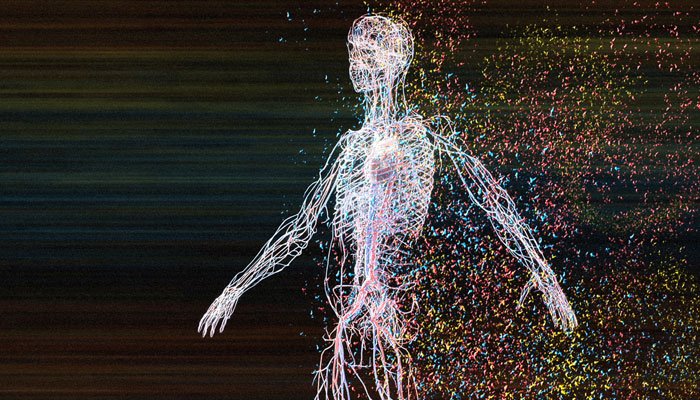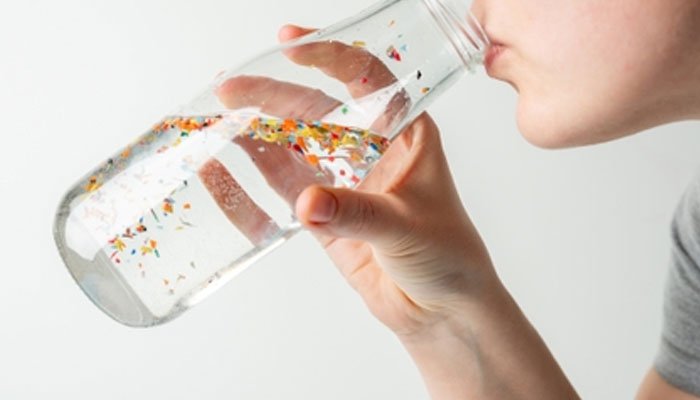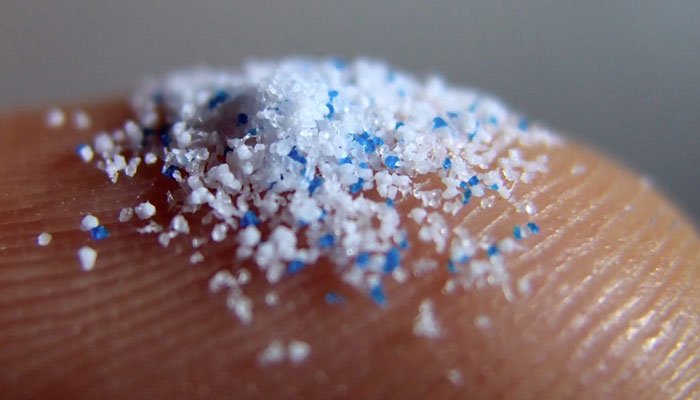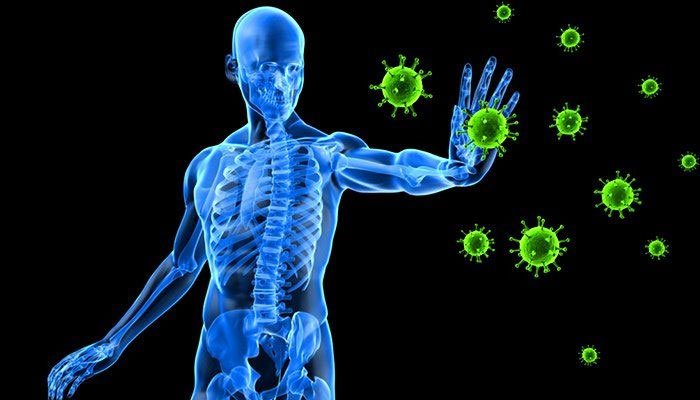Experts call the research an “important first step” in understanding how environmental pollution can directly affect human disease.
Microplastics in Your Body Be Harming Your Health. In a landmark study, Austrian scientists have revealed that microplastics commonly found in food packaging can damage the human gut and increase the risk of bowel cancer and depression – the first study to confirm such effects in human samples.
While another study shows gut bacteria significantly influence brain health.

Austrian researchers examined the waste tissues of healthy volunteers and found that microscopic plastic particles can alter microbial activity within the gut. Some of these changes showed the same biological patterns previously linked to bowel cancer and depression, raising fresh concerns about the broader effects of microplastic exposure.
“This is the first human study to show that microplastics can alter the gut microbiome,” the researchers said, calling the findings a wake-up call for global health authorities.
How tiny plastics enter and affect the body

Microplastics are plastic particles smaller than two micrometers – about two-thousandths of a millimeter. These particles are formed when everyday plastic products break down in the environment and eventually contaminate food, water and even air.
Once inside the body, they interact with the intestinal lining and gut bacteria, potentially disrupting key biological processes that support digestion and mental well-being.
In recent years, studies have detected microplastics in human lungs, blood, breast milk and even placental tissue, confirming that it is almost impossible to avoid these pollutants in modern life.
Experts have warned against widespread exposure
Lead author Christian Pasteur-Deutsch, a microplastics researcher at the University of Graz, said the findings were worrying because microplastics are so deeply embedded in our everyday environment.
He said microplastics have been found in fish, salt, bottled water and even tap water. “This means that most people are absorbing them every day through food, breathing, and skin contact.”
Pascher-Deutsch stressed that while it’s too early to make definitive medical claims, the evidence clearly shows that microplastics can affect the human microbiome, which plays a key role in digestion, immunity, and mental health.
Why the findings matter
The gut microbiome – a community of trillions of microorganisms in our intestines – is crucial for maintaining physical and psychological balance. Disruptions to this system have been linked to conditions like inflammatory bowel disease, obesity, and depression.
The study adds a new layer of concern: that daily exposure to microplastics could gradually alter our gut health in harmful ways.
Experts call the research an “important first step” in understanding how environmental pollution can directly affect human disease.
While the study does not confirm that microplastics directly cause cancer or depression, scientists agree that the findings warrant further investigation. Understanding the long-term effects of plastic pollution on human health is now a growing scientific priority.
The researchers recommend further studies into how microplastics interact with gut bacteria and human cells, and how these interactions may trigger inflammation or genetic changes linked to serious diseases.





